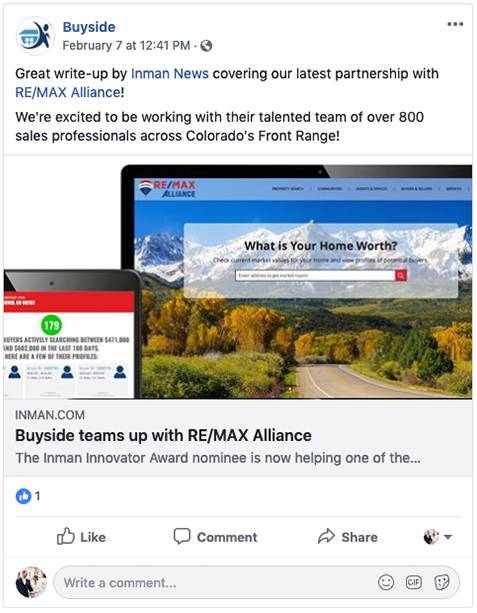You have a story and want to get it out there
Let’s get you noticed through strategic public relations tied into a larger marketing plan
Social media can be used not only as public relations and direct marketing tools but also as communication channels targeting very specific audiences with social media influencers and social media personalities and as effective customer engagement tools.[15] Technologies predating social media, such as broadcast TV and newspapers can also provide advertisers with a fairly targeted audience, given that an ad placed during a sports game broadcast or in the sports section of a newspaper is likely to be read by sports fans. However, social media websites can target niche markets even more precisely. Using digital tools such as Google Adsense, advertisers can target their ads to very specific demographics, such as people who are interested in social entrepreneurship, political activism associated with a particular political party, or video gaming. Google Adsense does this by looking for keywords in social media user’s online posts and comments. It would be hard for a TV station or paper-based newspaper to provide ads that are this targeted (though not impossible, as can be seen with “special issue” sections on niche issues, which newspapers can use to sell targeted ads).
Social networks are, in many cases, viewed as a great tool for avoiding costly market research. They are known for providing a short, fast, and direct way to reach an audience through a person who is widely known. For example, an athlete who gets endorsed by a sporting goods company also brings their support base of millions of people who are interested in what they do or how they play and now they want to be a part of this athlete through their endorsements with that particular company. At one point consumers would visit stores to view their products with famous athletes, but now you can view a famous athlete’s, such as Cristiano Ronaldo, latest apparel online with the click of a button. He advertises them to you directly through his Twitter, Instagram, and FaceBook accounts.



©2025 Reversed Out LLC. All rights reserved. Privacy Policy.
